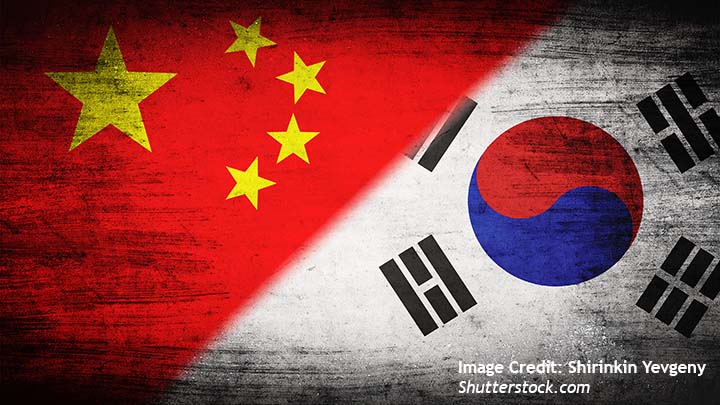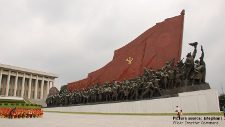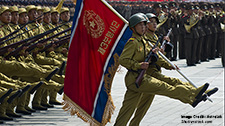South Korea’s Relations With China and the US Under President-elect Yoon

Niklas Swanström
Introduction:
The presidential election in South Korea was a close call. President-elect Yoon Suk-yeol from the People Power Party won the election with a margin of 0.8 percentage points over Lee Jae-myung of the ruling Democratic Party. The election has been portrayed in the South Korean press as choosing the least unpopular candidate.
Any regular election in South Korea primarily focuses on domestic issues and this election was no different, even if some international issues played a role. That said, South Korea’s relations with China and its alliance with the United States will determine much of its future political and economic future, so it is always essential to understand how the new president will change his policy regarding China and the South Korea-U.S. alliance.
Yoon has been very clear that, as president, he will increase cooperation with democracies, especially the United States, and resist autocracies and the formation of an illiberal order, with China in the driving seat. This is very promising, but how much can president-elect Yoon accomplish with China being South Korea’s largest trading partner – accounting for 27 percent of its total exports in 2021 – and a domestic situation dependent on continuous economic progress. Russia’s invasion of Ukraine and the negative impact on energy resources and increased food prices globally will increase costs for households and keep down economic development, something that will further decrease the maneuvering space for the new administration.
Related Publications
-
Kamala Harris on North Korea: Change or Continuation?
Despite many efforts and different strategies, both previous and current U.S. administrations have been unsuccessful in preventing the Democratic People’s Republic of Korea (DPRK) from developing its nuclear and missile […]
-
‘Strategic Talks’ – A Report by Stockholm Korea Center
In June, the ISDP Korea Center launched “Strategic Talks,” an online series focusing on developments on the Korean Peninsula and regional and international security. The inaugural session on June 4, […]
-
Russia-DPRK Partnership: Implications for the West
This issue brief examines the evolving relationship between the DPRK and Russia, particularly since Russia’s invasion of Ukraine in 2022. The partnership has deepened, with North Korea supporting Russia diplomatically […]
-
Deciphering North Korea’s Military Activities
In 2024, the growing tensions on the Korean Peninsula have highlighted the unpredictability of North Korea’s military intentions. This issue brief evaluates the strategic behaviors of North Korea, particularly under […]
-
Anticipating North Korea’s Next Nuclear Test
This issue brief provides a comprehensive analysis of the anticipated technical and strategic objectives behind North Korea’s potential seventh nuclear test, along with an examination of the probable timing for […]



